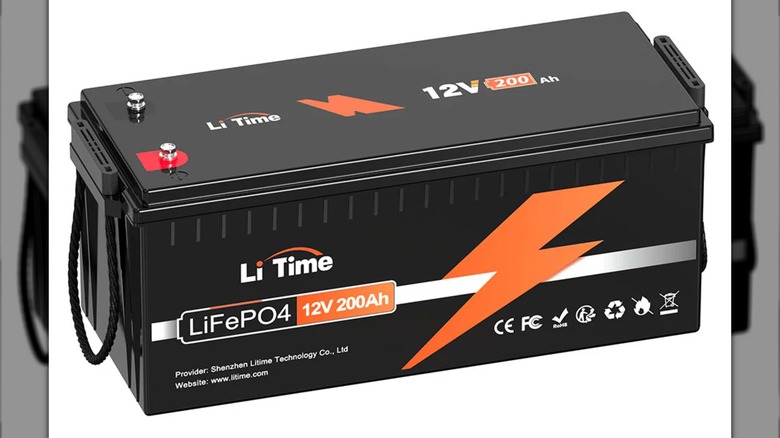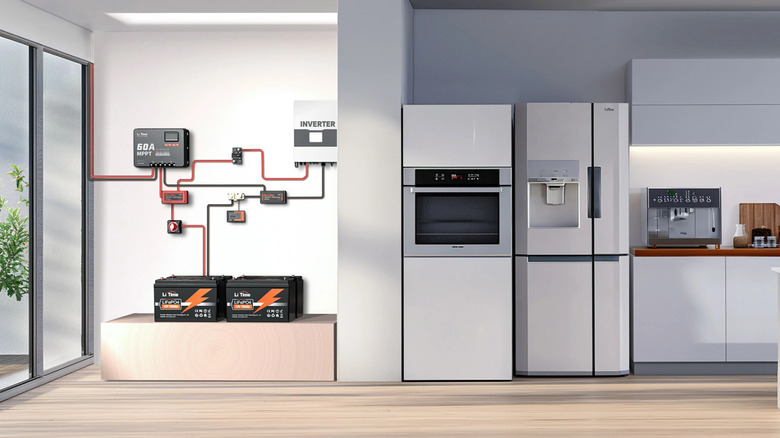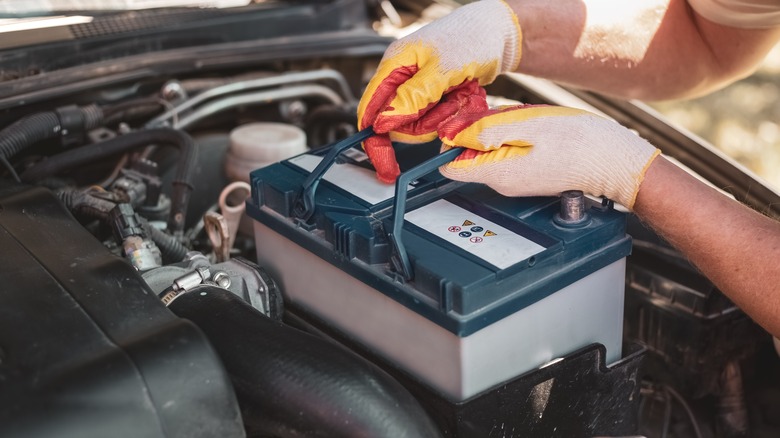Who Makes LiTime Batteries And Where Are They Made?
LiTime lithium batteries are manufactured by Shenzhen LiTime Technology Co., Ltd, a company with over 14 years of experience in lithium battery production and renewable energy solutions. Formerly known as Ampere Time, the company underwent a full rebranding in late 2022, signaling a renewed focus on innovation, quality control, and market expansion. Despite the name change, the manufacturer behind the brand remains the same, and so does the engineering.
Production takes place in facilities in China, where the company utilizes automated assembly lines, AI-powered defect detection, and 12-point inspection systems. These high-tech processes aren't just for show; they help ensure every battery meets international standards and lives up to its rated performance. Each unit is built using automotive-grade LiFePO4 cells known for their stability, safety, and extended cycle life with over 4,000 full-depth cycles. This aims to solve one of the biggest disadvantages of lithium batteries, which is degradation over time.
While LiTime doesn't disclose the exact locations of its plants, it sources raw materials from global suppliers and operates under ISO-certified protocols, adhering to quality standards that align with UL 1642, CE, RoHS, and UN38.3 certifications. That attention to detail has earned the brand a growing reputation in the U.S. and beyond, especially in markets like RV travel, marine electronics, solar power, and backup energy systems (that you use to survive power outages).
Why did Ampere Time rebrand to LiTime?
Toward the end of 2022, Ampere Time officially became LiTime. Though the transition came with minimal fanfare, it reflects a deeper shift in strategy. The rebranding aligns with the company's long-term goal to offer not just batteries but a complete energy solution that supports solar-based systems, portable power setups, and off-grid living.
As part of the announcement, company leadership signaled a more ambitious product push: solar panels, battery boxes, charge controllers, and inverters are all joining the lineup. While Ampere Time made its name in LiFePO4 batteries, LiTime is stepping into the role of a multi-product energy brand.
The company also doubled down on its message: energy should be clean, reliable, and easy to control. According to CEO Luny Lu, the goal is to give people the tools to manage their power with minimal friction. That means expanding beyond batteries and building a system that integrates hardware, storage, and control all under one name.
How does LiTime compare to other lithium battery brands?
In a competitive field packed with names like Battleborn, Redodo, and Victron, LiTime sets itself apart by combining engineering depth with accessible pricing. While many brands rely on off-the-shelf cells and generic cases, LiTime leans on in-house development, including proprietary battery management systems, unique cell layouts, and internal quality control tools powered by AI.
Its batteries are specced for longevity. With lifespans reaching up to 15,000 cycles at partial discharge, and consistent performance retention past 3,500 full cycles, LiTime's offerings are clearly positioned for long-haul use. That's paired with fast charge times, 95% usable capacity, and designs that stay stable even in subzero temperatures. These are all features not always guaranteed at this price tier.
The company also brings value in practical areas that often get overlooked: downloadable manuals without account hoops, clear warranty terms, and a wide product range covering everything from compact 12V units to Bluetooth-enabled smart batteries. And while many competing brands quietly adjust pricing around promotions, users have called out LiTime's pricing transparency, even when deals fluctuate during seasonal sales.
LiTime's goal is to be the reliable middle ground between low-cost generic options and premium-priced systems. And for many off-grid users, RV owners, and those looking to install solar panels at home, that might be exactly what they're looking for.


